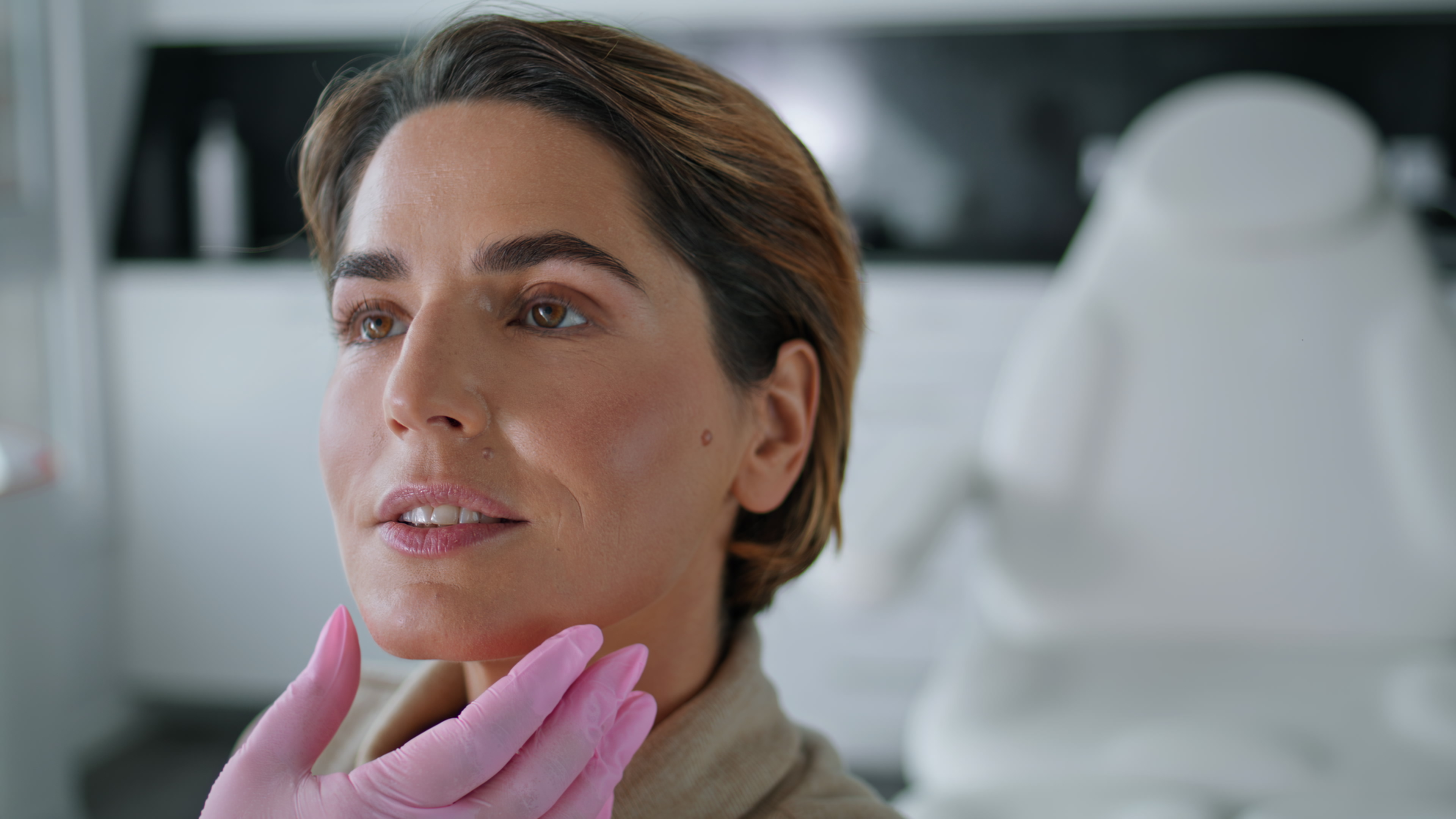16 Things Your Doctor Didn't Tell You About Prednisone
13. The Role of Prednisone in Pediatric Care

In pediatric care, prednisone is used to treat a variety of conditions, from asthma to juvenile idiopathic arthritis. However, its use in children requires special consideration due to the potential impact on growth and development. Long-term prednisone use can affect bone growth and lead to delayed puberty, necessitating careful monitoring and adjustments to the treatment plan. Pediatric patients may require additional support to manage the psychological and physical effects of prednisone, ensuring that their treatment plan is tailored to their unique needs. Understanding the role of prednisone in pediatric care is essential for providing comprehensive care that addresses the challenges and opportunities of this powerful medication.
14. Prednisone and Skin Health

Prednisone can have a range of effects on skin health, from thinning of the skin to increased susceptibility to bruising and infections. These effects are due to the drug's impact on collagen production and the immune response in the skin. Patients may experience changes in skin texture, delayed wound healing, and increased risk of skin infections. Understanding these effects is important for managing skin health during prednisone therapy, and patients may benefit from skincare routines that focus on hydration and protection. Healthcare providers can offer guidance on managing skin-related side effects, ensuring that patients receive comprehensive care that addresses all aspects of their health.
